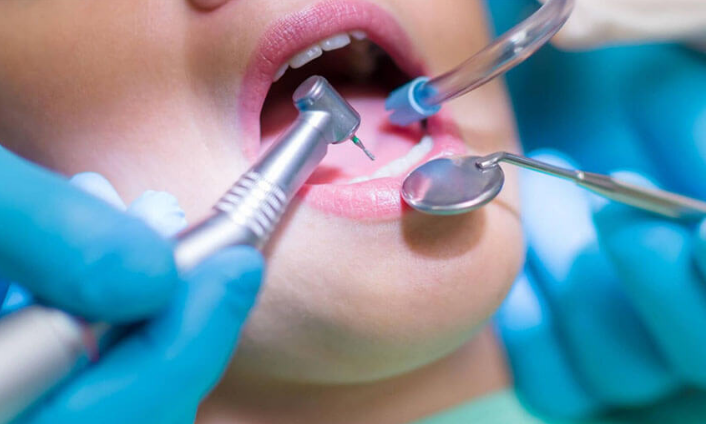Quick Overview of Oral Surgery
Oral surgery might seem scary to some patients. Others simply don’t understand what the benefits will be. This is especially true for individuals that have had facial or jaw deformities since birth or for a long time. These people may not realize how uncomfortable that their condition is to individuals that have never experienced these problems. An oral surgeon specializes in treating and repairing structures in the mouth and the supporting jaw and other support parts. Many oral surgical procedures and Maxillofacial Surgery can relieve chronic pain and/or improve related function of damaged, deformed or otherwise problematic structures. An example has increased the ability to chew food better after proper jaw realignment.
The Benefits of Newer Dental Implants
Dental Implants are an exciting new option for individuals that need replacement teeth due to disease, severe facial/mouth injury and decayed or missing teeth. These Dental Implants are made of either acrylic materials or porcelain. Metal posts are surgically implanted in the jaw bone where teeth are situated. After bone begins to grow over the implants, the chosen final teeth of acrylic or porcelain will be permanently attached. This newer dental/maxillofacial surgical procedure helps to reduce chances of bone loss in the jaw that can cause the mouth area to appear sunken in. Denture wearers often notice this problem over time. The implants create a place for a bone to attach thereby stabilizing the jawline and decreasing incidence of bone loss. If individuals do not have enough bone to work with, the surgeon can perform bone grafts to replace bone density.
Maxillofacial Surgical Details
A surgeon trained to perform Maxillofacial Surgery can repair facial and jaw bone structures after a high impact injury. Motor vehicle accidents are a common reason why individuals need this type of specialized surgery. Sometimes the surgeon has to wire the jaw shut short term to allow the surgical areas to heal properly. This surgery is also used with children that suffer various facial and oral deformities. Many patients are able to return home in a day. More extensive surgical repairs, and high risk patients may need monitoring with a longer hospitalization time.
Preparation for Oral Surgery
Don’t eat or drink 8-12 hours, and avoid smoking for 12 hours prior to surgery. Plan a soft food menu for after the operation. Avoid acidic or spicy foods. Have someone available to drive home. Anesthesia drugs can stay in the system awhile. Avoid straws that can cause painful “dry socket” following oral/dental surgery. Dress comfortably, and avoid wearing makeup, nail polish or jewelry. Ask before taking medications. Aspirin, heparin and some herbs interfere with blood clotting.
Health Benefits Considerations
Speak with your health benefits representative to ensure that all special requirements are completed. Health insurance providers often require a document from the surgeon to get pre-approval ensuring insurance payment. Ask for an estimated cost, and whether the patient is responsible for a copay.
The surgeon will be able to give patients a detailed explanation of the Maxillofacial Surgery, risks, expectations and aftercare instructions during initial consult. Some of these surgeries are complicated, and others, like a removal of wisdom teeth, are generally less extensive.
Has your tooth been hurting? Are you facing the problem of receding gums? Come visit us and revive that beautiful smile. Contact us!!

